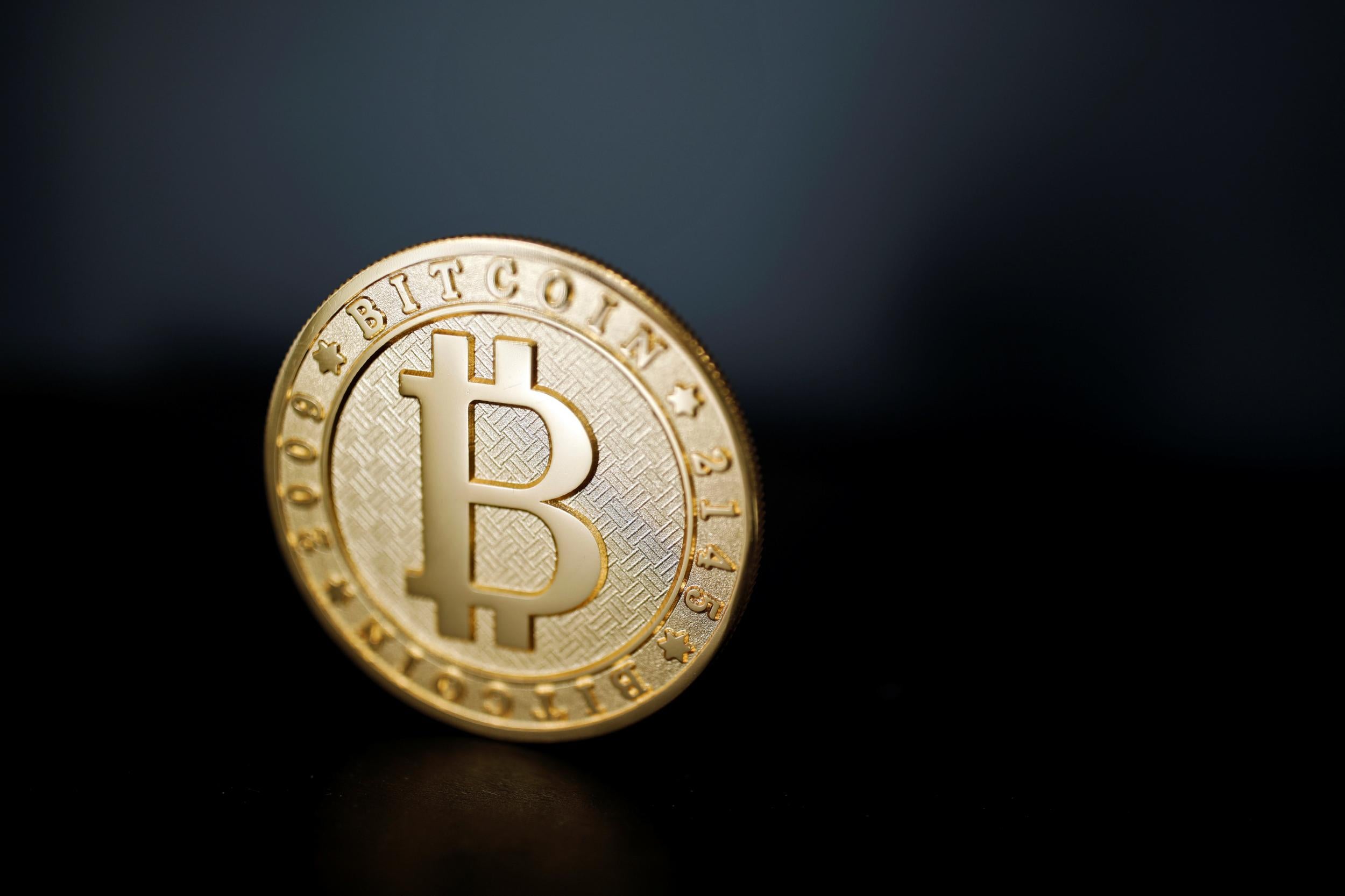Bitcoin should be 'outlawed', says Nobel prize-winning economist
Joseph Stiglitz says the digital currency has 'no socially useful function'

Your support helps us to tell the story
From reproductive rights to climate change to Big Tech, The Independent is on the ground when the story is developing. Whether it's investigating the financials of Elon Musk's pro-Trump PAC or producing our latest documentary, 'The A Word', which shines a light on the American women fighting for reproductive rights, we know how important it is to parse out the facts from the messaging.
At such a critical moment in US history, we need reporters on the ground. Your donation allows us to keep sending journalists to speak to both sides of the story.
The Independent is trusted by Americans across the entire political spectrum. And unlike many other quality news outlets, we choose not to lock Americans out of our reporting and analysis with paywalls. We believe quality journalism should be available to everyone, paid for by those who can afford it.
Your support makes all the difference.A Nobel Prize-winning economist has called for Bitcoin to be "outlawed"
Joseph Stiglitz said that he favours making the digital currency illegal because it does not have a “socially useful function”.
“Bitcoin is successful only because of its potential for circumvention, lack of oversight,” the renowned economist said.
The comments by Mr Stiglitz come amid a volatile day for the digital currency, with it having dropped from a record value of more than $11,000, to around $9,300 in 24 hours of trading.
The virtual currency is the subject of a fierce debate over whether it is gaining mainstream acceptance - having risen in value tenfold this year - or is just a bubble waiting to burst.
Mr Stiglitz is firmly of the opinion that it is the latter. “It’s a bubble that’s going to give a lot of people a lot of exciting times as it rides up and then goes down,” he said during an interview with Bloomberg Television.
The price of one bitcoin had been roughly $1,000 at the beginning of the year.
The CEO of JPMorgan Chase appears to be in the same camp as Mr Stiglitz, calling bitcoin a "fraud” because it is not based on anything other than software code nor backed by any monetary authority.
Neil Wilson, a senior market analyst at ETX Capital in London, says bitcoin is "following the playbook for a speculative bubble to the letter."
"This sort of thing never, ever lasts," he said.
The other side of the argument comes from International Monetary Fund chief Christine Lagarde, who says virtual currencies should not be dismissed and could have useful applications, such as a means of payment in countries with unstable currencies.
Bitcoin was created about ten years ago as an alternative to government-issued, and government-backed, currencies. Transactions allow anonymity, which has made it popular with people who want to keep their financial activity and identities private.
The digital coins are created by so-called "miners," who operate computer farms that verify other users' transactions by solving complex mathematical puzzles.
These miners receive bitcoin in exchange. Bitcoin can be converted to cash when deposited into accounts at prices set in online trading.
Daniele Bianchi, an assistant professor of finance at the Warwick Business School in England, thinks virtual currencies are "here to stay" in part because trading in bitcoin is becoming more professional and open to the general public.
"The increasing demand pressure from investors and speculators makes the case for an even further increase in bitcoin prices in the near future," he said.
Subscribe to Independent Premium to bookmark this article
Want to bookmark your favourite articles and stories to read or reference later? Start your Independent Premium subscription today.
Join our commenting forum
Join thought-provoking conversations, follow other Independent readers and see their replies
Comments